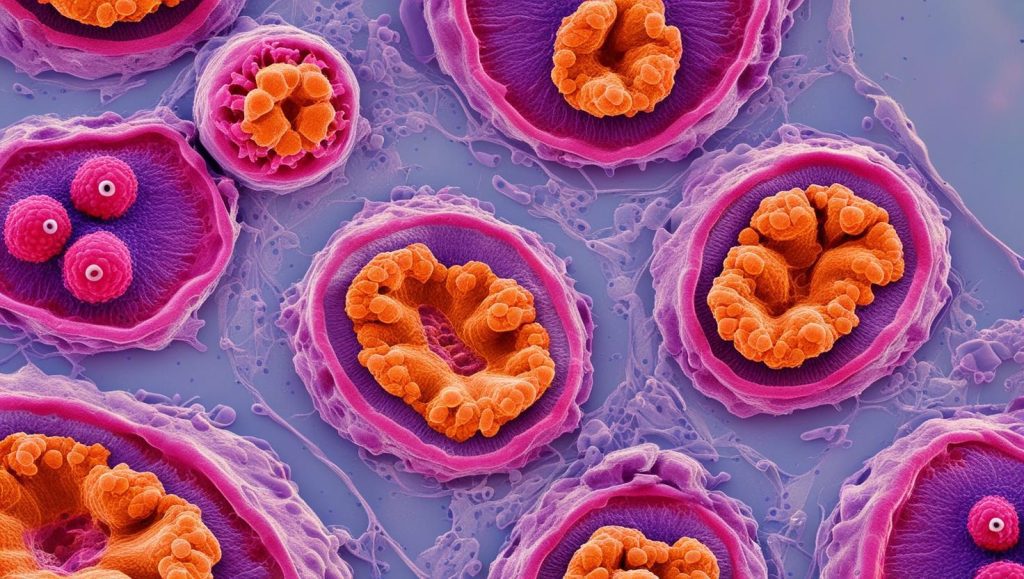Introduction
Pathology is a crucial field in medical science that involves the study of diseases, their causes, mechanisms, and effects on the human body. It is a complex subject requiring in-depth understanding, which can make assignments challenging for students. If you are struggling with pathology assignments, this guide on Pathology Homework Help will provide valuable insights, study resources, and expert tips to help you excel.

Understanding Pathology
Pathology is broadly categorized into various branches, each focusing on different aspects of diseases. The major types include:
1. General Pathology
This branch deals with the fundamental mechanisms of diseases, including cell injury, inflammation, and tissue repair.
- Cellular Adaptation: How cells respond to stress and environmental changes.
- Necrosis vs. Apoptosis: Differences between accidental and programmed cell death.
- Inflammatory Response: The role of acute and chronic inflammation in disease progression.
2. Systemic Pathology
Systemic pathology focuses on diseases affecting specific organs and systems.
- Cardiovascular Pathology: Conditions like atherosclerosis, myocardial infarction, and heart failure.
- Respiratory Pathology: Diseases such as pneumonia, tuberculosis, and lung cancer.
- Gastrointestinal Pathology: Disorders like gastritis, ulcers, and Crohn’s disease.
3. Clinical Pathology
Clinical pathology involves laboratory analysis of bodily fluids to diagnose diseases.
- Hematology: Study of blood disorders like anemia and leukemia.
- Microbiology: Identification of pathogens causing infections.
- Biochemical Tests: Analysis of blood glucose, liver enzymes, and kidney function.
4. Forensic Pathology
This branch deals with determining the cause of death through autopsies and post-mortem examinations.
- Autopsy Techniques: Investigating unnatural deaths.
- Toxicology Reports: Detecting poisons and drugs in the body.
- Legal Implications: Role of forensic pathology in criminal investigations.
5. Molecular Pathology
Molecular pathology focuses on genetic and molecular mechanisms of diseases.
- Genetic Mutations: How mutations lead to inherited disorders.
- Cancer Pathology: Mechanisms behind tumor development and metastasis.
- Personalized Medicine: Use of molecular diagnostics for targeted therapies.
Tips for Excelling in Pathology Assignments
Studying pathology can be challenging, but these strategies can help improve your understanding and performance in assignments:
1. Use Reliable Study Resources
Accessing quality study materials enhances comprehension. Some recommended resources include:
- American Society for Clinical Pathology (ASCP)
- World Health Organization (WHO) Pathology Resources
- National Center for Biotechnology Information (NCBI)
2. Master Medical Terminology
Pathology involves numerous complex terms. Using flashcards and mnemonics can help memorize key terminologies such as:
- Benign vs. Malignant Tumors
- Hyperplasia vs. Hypertrophy
- Ischemia vs. Infarction
3. Understand Disease Mechanisms
Instead of rote memorization, focus on understanding how diseases develop and progress. Flowcharts and concept maps can simplify complex mechanisms.
4. Practice with Case Studies
Applying theoretical knowledge to real-life scenarios enhances critical thinking. Reviewing clinical case studies helps reinforce pathology concepts.
5. Utilize Online Homework Help
If you are struggling with assignments, seeking Pathology Homework Help from online tutors and study platforms can be beneficial. Some helpful websites include:
Common Challenges in Pathology Homework
Students often face difficulties such as:
- Extensive Medical Jargon: Understanding complex terminology and disease classifications.
- Diagnostic Uncertainty: Analyzing laboratory results and making accurate diagnoses.
- Time-Consuming Research: Gathering credible sources for assignments.
Solutions to Overcome These Challenges
- Use Simplified Textbooks: Books like “Robbins Basic Pathology” provide clear explanations.
- Join Study Groups: Discussing topics with peers enhances understanding.
- Engage with Interactive Resources: Platforms like PathologyOutlines offer detailed pathology information.
External Tools and Resources
For additional Pathology Homework Help, explore these resources:
Conclusion
Pathology is a vital medical science field requiring detailed study and practice. Understanding disease mechanisms, mastering medical terminology, and using reliable study resources can help students excel in their assignments. If you need additional support, seeking Pathology Homework Help from expert tutors and online platforms can enhance your learning experience.


